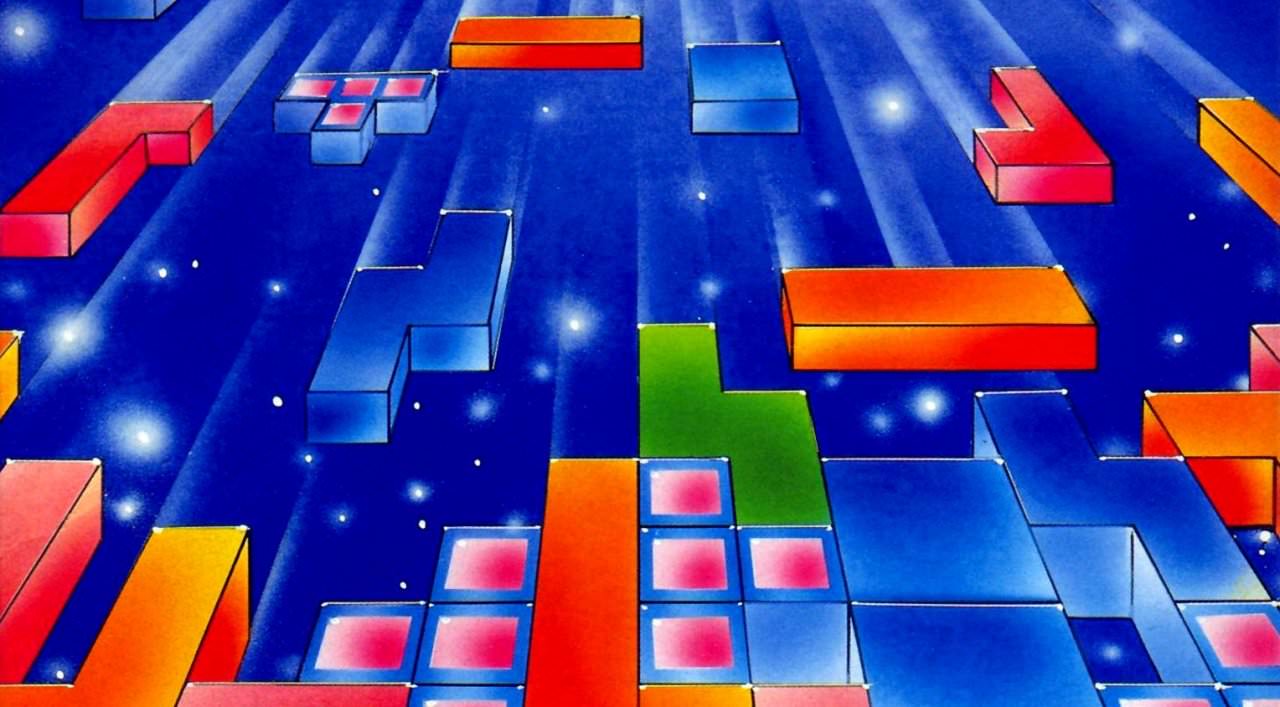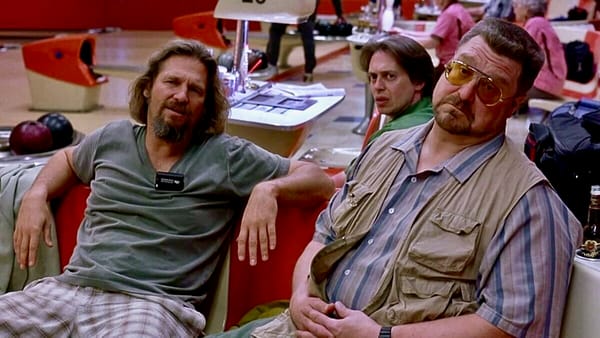The Tetris Effect

As the old saying goes, “we are what we eat.” We are also what we think about. Ever wake up in the morning (or the middle of night) thinking about work, school, or maybe a book you’ve been reading or a video game you’ve been playing? I think we have all done this. I used to wait tables during college and I would find myself dreaming about work. I didn’t exactly enjoy my job but I did spend most of my time there – some days as much as 18 hrs. Researchers have found that the mind will fixate on tasks that are repeated with frequency and over long periods of time. This is called the Tetris Effect and it can drive you a little nutty.
Neuroscientists believe that these sort of “procedural” memories are retrieved and stored in a way unlike the normal process for “autobiographical” memories. This is how someone with retrograde amnesia will still know how to play the piano or drive a car. This memory is very different. Often people with severe brain damage can learn a skill like knitting or weaving because these procedural memories are different. The current thinking is that the hippocampus (actually, we have two) is central to the way memories are stored or retrieved. No one is quite sure how or why.
One my favorite movies of all time, Memento, integrates these concepts of memory (the Tetris effect and anterograde amnesia) into the story. It makes for an interesting plot and confuses the audience by filming from the point of view of the protagonist who can only remember a few minutes at a time and never form long-term memories. He is, however, able to learn via the Tetris Effect. The movie is a great introduction to cognitive neuroscience.
Last night I had a dream that I was the Hindu god Vishnu. I was able to walk across the Earth in one step. I was preparing some soup from some of the animal life on the planet. I’m not sure exactly what I grabbed to put into the soup but the last thing I picked up was some huge snake/octopus looking thing. It jumped at me and scared me enough to wake me up. Hindu mythology is packed with stories like these. I’ve been knee deep in these stories for the past month and I see that I’ve spent enough time living “in the myth” that I am even thinking about when I’m not reading and dreaming about it when I’m not thinking.
Check out this week’s Damn Interesting article, Living in the Moment for an interesting look at anterograde amnesia. So, next time you find yourself waking up in the middle of the night thinking about your presentation or final exam, just relax because even though everything else in your life may be falling apart, the Tetris part of your brain is completely operational and all your circuits are functioning perfectly.




